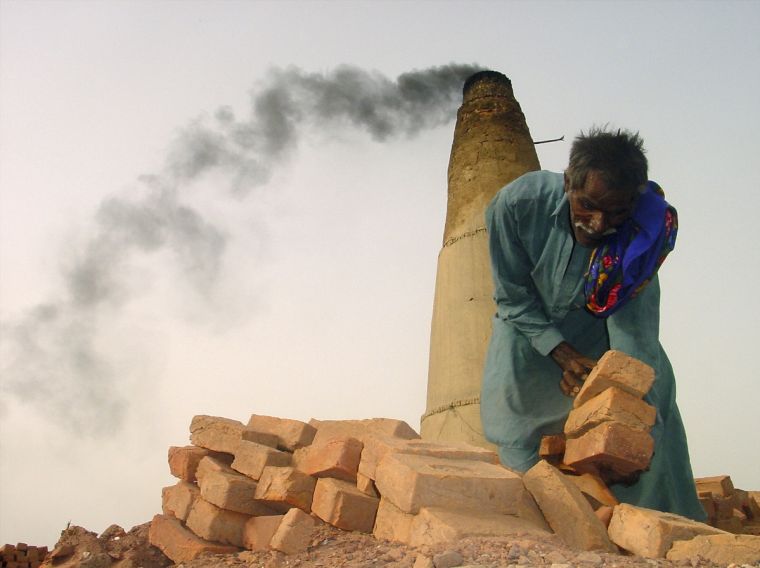Horrific Persecution Of Christians In Pakistan Highlighted In New Amnesty Report

The plight of Christians in Pakistan has been spotlighted in a new Amnesty International report taking aim at the country's blasphemy laws.
The "As good as dead" report says religious minorities are often the target of false blasphemy accusations and that Pakistan's blasphemy laws are actually "emboldening vigilantes" who are prepared to threaten or even kill those accused.
Once accused, victims face a "gruelling struggle" to prove their innocence as well as continued threats to their life even if the charges against them have been dropped and they have been released from detention.
Amnesty asserts that little effort is made on the part of the authorities to check the evidence of blasphemy allegations as they bow instead to public pressure from "angry crowds". Trials are often "unfair", the human rights group adds.
"There is overwhelming evidence that Pakistan's blasphemy laws violate human rights and encourage people to take the law into their own hands. Once a person is accused, they become ensnared in a system that offers them few protections, presumes them guilty, and fails to safeguard them against people willing to use violence," said Audrey Gaughran, Amnesty International's Director of Global Issues.
Specifically, the report draws attention to Christian victims of the blasphemy laws, among them Rimsha Masih, a 14-year-old Christian girl with learning disabilities who made international headlines when she was accused by a local cleric of burning pages of the Qur'an.
The charge was eventually overturned by the Islamabad High Court but her family were still forced to flee to Canada, where they were granted asylum because of threats against their lives.
Also included in the report was the horrific murder of Christian couple Shama and Shahzad Masih who were beaten before being burned to death inside a brick kiln after an angry crowd accused them of torching pages of the Qur'an. According to Amnesty, five policemen were present at the time but failed to intervene because they were outnumbered by the crowd.
"The authorities' failure to effectively intervene in this case before the mob turned violent is typical of a pattern across Punjab. The police often know of threats circulating against vulnerable religious minorities, but do not act decisively in the face of a mob roused by angry clerics exhorting murder," Amnesty said.











